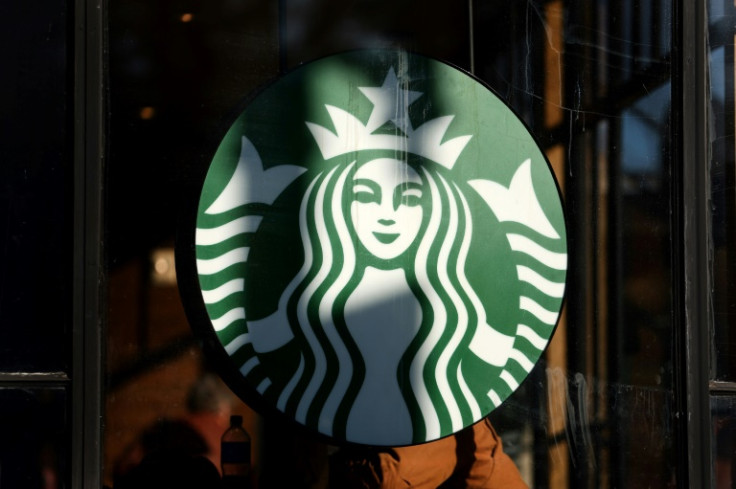
Higher prices are beginning to make Starbucks' lattes an unaffordable luxury, which is affecting the company's top and bottom lines.
Last week, the Seattle-based coffee shop chain reported second-quarter earnings and revenues that badly missed analysts' estimates. It most notably reported a 2% revenue decline, the first since 2020, and lowered its guidance for the next quarter.
Starbucks' revenues declined despite price hikes in its lattes, meaning customers are beginning to become price-sensitive. That's most evident in the U.S. market, where transactions went from +1% in the December quarter to -7% in the March quarter.
There are a couple of explanations for this. One is that the company changed its business model from a "third place" to a "convenience store." This shift in the business model, which turns lattes into a "commodity," hardly justifies the premium price for the company's products.
Then there's the growing competition from start-ups. In China, for instance, Luckin' Coffee beats Starbucks in store count, while in South Europe, Mikel Coffee company has Starbucks on retreat.
There's also market saturation in Starbucks's home market, the U.S., as the company needs more affluent neighborhoods to open new stores.
Traders and investors have noticed. Once a top performer on Wall Street, Starbucks shares have lost 15% of their value this week and have been 5% lower in the last five years.
"With lower-than-expected same-store sales in China in particular, along with decreased margins and earnings per share, investors' confidence has diminished," Joseph Dahrieh, Managing Principal at Tickmill, told International Business Times.
"The company's revised forecasts indicate a challenging road ahead, with expectations for slowing growth. While the CEO maintains that current numbers don't reflect the company's true value, investors could remain cautious. As a result, price targets have been cut significantly from their previous levels, which could further weigh on the stock's performance," Dahrieh said.
Does the recent sell-off in the company's shares make it a bargain? It depends on the valuation model used to determine the company's intrinsic value.
In a research project completed this week, my Columbia University students, Miao Han & Tim Ochonski, used four models: the EBITDA Multiple Valuation Model, the Perpetuity Growth Model, the Discounted Economic Value Added Model (DEVA), and the Discounted Cash Flow model.
The EBITDA Multiple and the Price/Earnings Model assign an intrinsic value of around $76.47, very close to the current price of the coffeeshop giant (see table); the Perpetuity Growth and the DCF Model the lowest value of $44.85 and $55.15; and the DEVA model the highest, $111.27.
Four Estimates Of Starbucks' Intrinsic Value per share
EBITDA Multiple Valuation $76.47
Perpetuity Growth Model $44.85
DEVA Model $111.27
Price/Earnings Multiple $76.12
DCF Model $55.15
Still, these models rely on assumptions about Starbucks' sales and profitability, which can change for the better or worse over the valuation period.
Eric Croak, CFP, President at Croak Capital, believes it will "require serious and focused efforts to turn things around. There are several strategies they can employ to achieve this," he told IBT.
"While I think the peak days of their growth may be behind them, it's still possible for them to maintain their market share and stabilize their revenue once the economy levels out. I'm expecting a recovery within two quarters and a strong fourth quarter. The share price might dip further, and their price-to-earnings ratio should be lower," Croak said.
John Zolidis, President of Quo Vadis Capital, is mostly concerned about Starbucks' home market. "SBUX has multiple problems," he said. "Outside the U.S., we consider the issues transitory. Looking at China, we believe the competitive situation will eventually work itself out. The political backlash will probably not continue indefinitely in the Middle East/ Europe. The real issue for investors to consider is here in the U.S."







